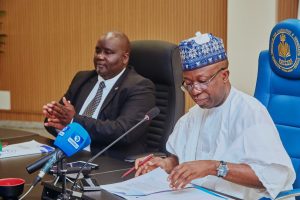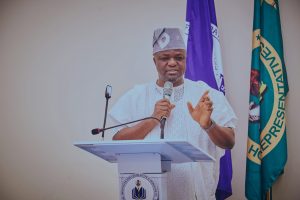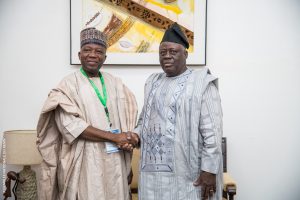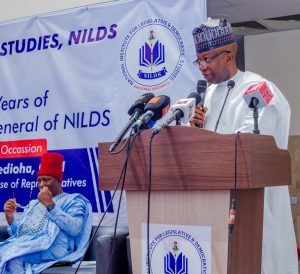The National Institute for Legislative and Democratic Studies (NILDS) says it plans to continue to partner with stakeholders toward improving the quality of legislation in the country.
Prof. Abubakar Sulaiman, the Director-General, NILDS, said at the opening of a 3-Day workshop for Legal Officers and Drafters in the State Houses of Assembly and Ministries of Justice in Abuja on Tuesday.
He said that the importance of legislative drafting as the foundation of laws cannot be overemphasised.
‘’Legislative drafting takes place at the stage when there is a need for a policy to be translated into legal framework,’’ he said.
<span;>He said that it was also necessary where a fresh law was required or when amendment of existing legislation was required.
“Legislative drafting is a methodical process, which must be undertaken with the utmost skills, as the outcome, often have a far-reaching impact on society as a whole, because law is a tool for social engineering.
“This specialised area then requires appropriate expert training for lawyers engaged in the task; the current state of the country requires an increase in the quality of legislations and policies in order to make significant changes in the way the country is governed.
“We are committed to partnering with stakeholders in providing services including capacity building of legislators, legislative aides and staff at states and local government levels,” he said.
The DG said that the workshop was aimed at ensuring quality contents of legislations at the state level.
Ms Imo Udoh, the Head, Legal Services Department in the Akwa Ibom House of Assembly, said that training and retraining of legal officers was fundamental to attaining effective legislations.
<span;>She called for more collaboration between NILDS and state houses of assembly and ministries of justice to build capacities of drafters.
“I am also thinking that we could make some of this training virtual; I am thinking we would have been more if the fees were a bit more affordable, we know how the country is, the economy is a factor.
“If there were more virtual trainings, it would help more participation so at the end of the day, the outputs in the ministry of justice in the houses of assembly are better off than it currently is,” she said.
<span;>Participants at the workshop were drawn from Benue, Nasarawa, Akwa Ibom, Ebonyi and the FCT







